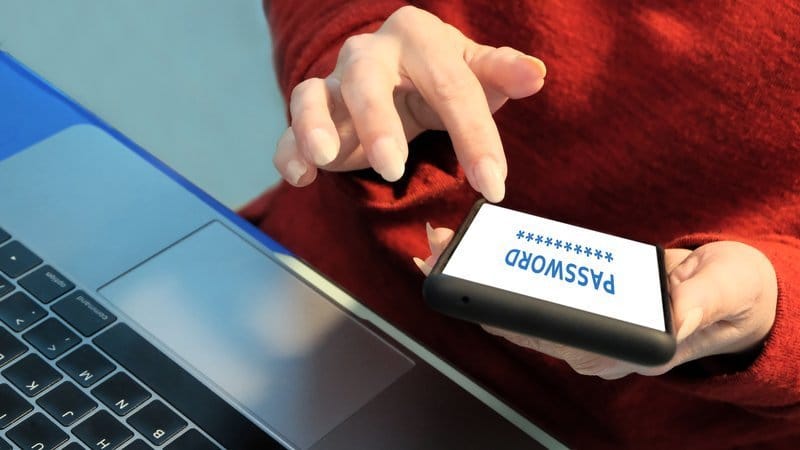
What happens when a decedent leaves behind a laptop with photos and art work that need to be accessed, and there is no way to access the contents of the computer? Is there a way to work with Apple to obtain access to the device without a Court order?
This is question is reminiscent of the FBI Apple encryption concerns in 2016. The access to the Apple laptop should be done by whoever is administering the estate of the Deceased individual provided that they have explicit authorization in the Decedents estate planning documents. That way the whoever is doing the administration is not violating federal laws of the Computer Fraud and Abuse Act 18 U.S. Code section 1030 . If you do not have the password, you are in a bind since California Probate Code section 880 (3)(c) provides that nothing requires the custodian to share passwords or decrypt the protected devices.
If the photos and art work are on the iCloud (as it is often stored) then you are also in a bind. There are no transfer rights to a successor for iCloud access per the terms of service of iCloud. If you are looking for this information then per the terms of service you will have to request a Court Order for access of the information under California Probate Code section 883.
All in all- if the family members have the password and authorized access to the device under an estate plan document then you are good. If you donate have this and still want to access the information on the device, you may be forced to probate the matter.
To avoid this situation for your loved ones, make sure you have digital assets listed in your estate plan. Need to revise an estate plan? Give Megan A. Moghtaderi a call today for more information.







